Everyone today is freaking out about a poll from Monmouth University that purports to show Donald Trump getting 41% of the Republican vote. There’s a lot to note about exactly how garbage this poll is. It is so bad that Monmouth’s own polling director is basically disavowing it. If you are interested in a relatively robust writeup of the methodological problems with the poll itself, which are primarily driven by the insane method Monmouth used to select their sample, you can check this Politico writeup here.
That having been said, we pretend that any of the other polls are more accurate at our own peril. During the course of this race it is has been a regular phenomenon that polls taken within 2-3 days of each other, purporting to evaluate the exact same voting sample, measure Trump’s level of support in particular wildly outside the margin of error of each other. As an example, this NBC/WSJ poll taken almost the same exact days shows Trump’s support at 27 nationally. In the last two weeks, five other national polls have been conducted, many with overlapping days, showing Trump’s support ranging from 24-36%.
Nor is this a recent phenomenon. In late November, ABC/WaPo and Bloomberg conducted polls on the same days – one showed Trump at 32%, the other at 24%.
Likewise, many have completely forgotten the debacles of 2012 (which oversampled Republicans) and 2014 (which drastically oversampled Democrats). Many races that were polled very extensively turned out to be flat out wrong. [mc_name name=’Sen. Mitch McConnell (R-KY)’ chamber=’senate’ mcid=’M000355′ ]’s contest against Alison Grimes in Kentucky was one of the most thorougly polled races in the country, and McConnell was supposed to be involved in a nailbiter, but he ended up winning by about 20 points. Likewise, Jim Gilmore Ed Gillespie was supposed to lose in Virginia by about 20 points, but he almost won.
The simple reality is that the electorate is rapidly fluctuating from one contest to the next. There’s a reason that Gallup, one of the oldest and most respected pollsters in the country, has decided to stop polling the Presidential race altogether – too much chance for embarrassment due to the results turning out drastically different from what you predicted.
Probably, we can discern a few things from the aggregate polling information that we have. 1) Donald Trump probably has a national lead among people who say they are likely Republican primary voters. How many of those people will actually vote, I have no idea. 2) [mc_name name=’Sen. Ted Cruz (R-TX)’ chamber=’senate’ mcid=’C001098′ ] and [mc_name name=’Sen. Marco Rubio (R-FL)’ chamber=’senate’ mcid=’R000595′ ] are probably fighting it out for second, and Cruz has probably opened a small but negligible lead on Rubio in this particular fight. 3) Ben Carson is probably declining pretty rapidly. 4) Everyone else is basically hoping for some sort of sea-shifting event.
Other than that, everyone is basically using the polls as a PR/fundraising tool. And I won’t pretend that they aren’t fun to discuss and that they can’t be useful for analyzing larger trends. But I think the numbers themselves are mostly garbage at this point and should be ignored.





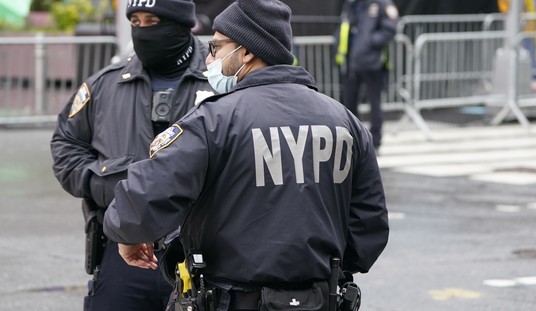
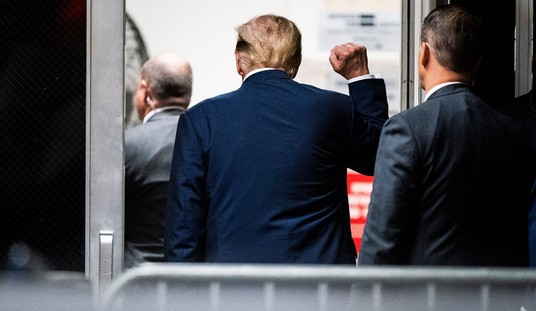

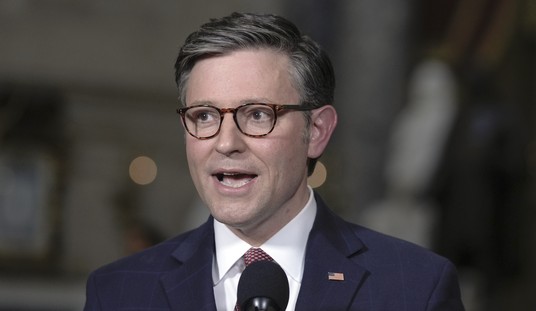

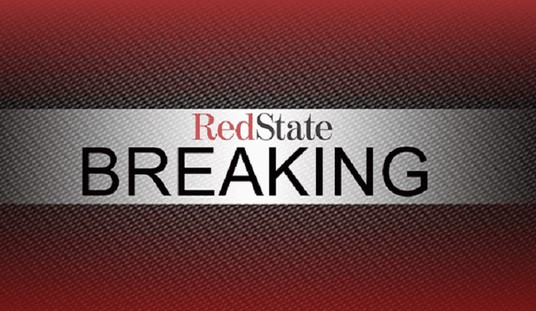

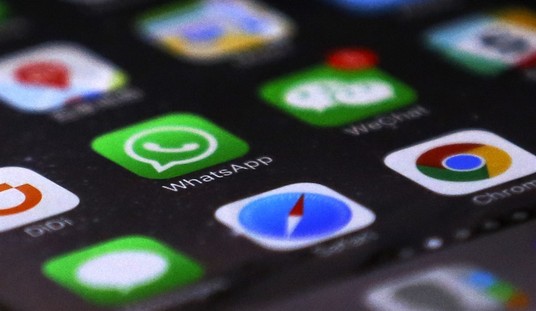
Join the conversation as a VIP Member